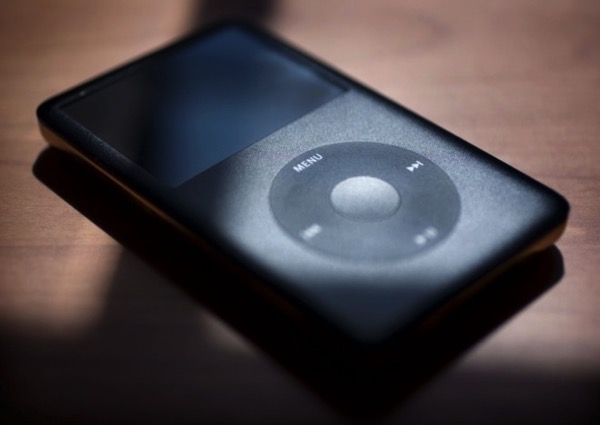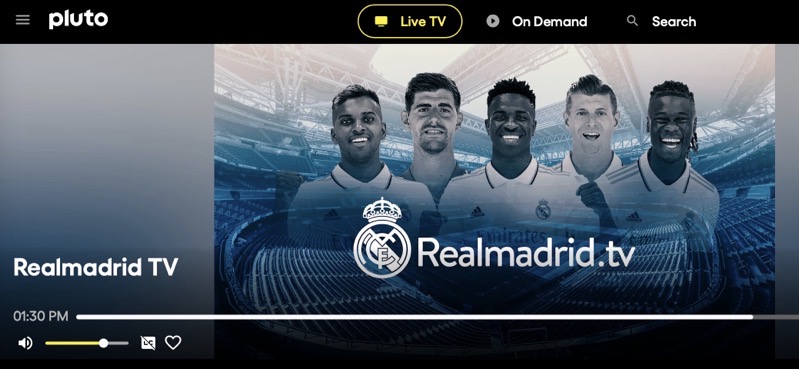
Apple’s Eddy Cue Explains Why DRM was Imposed on iTunes Music
Apple is once again in front of the courtroom, this time for a case that was first filed for almost a decade ago. Today, head of iTunes Eddy Cue spent hours explaining why Apple created its own DRM (digital rights management) software and decided not to share it with other players (via The Verge).

If you have followed the case, you may already know that Apple was accused yesterday of deleting iPod owners’ songs downloaded from competing services. Today, Eddy Cue had the chance to explain what he was doing nine years ago with the DRM software branded as Fairplay. By the way, the company has since dropped DRM for music downloads, but it is still using it on apps and ebooks.
As Cue said today in the courtroom in Oakland, California, when Apple decided to create its own DRM software, the company wanted to share it with others but was hit by the ugly truth: they could not make it work reliably on all devices.
We thought about licensing the DRM from beginning, it was one of the things we thought was the right move that because we can expand the market and grow faster,” Cue said. “But we couldn’t find a way to do that and have it work reliably.”
The problem was with the growing number of MP3 players, and they had already seen others such as Microsoft fail with a similar effort.
Cue also defended Apple’s move to lock users into the iTunes ecosystem: the contract signed with record labels had strict terms.
“If a hack happened, we had to remedy the hack within a certain time period,” Cue explained. “We had a time to fix the problem, or they could take all their music off the store … we’d have to drop whatever we were doing and go work on those [hacks].”
The iPod trial is going to run for another six days.

